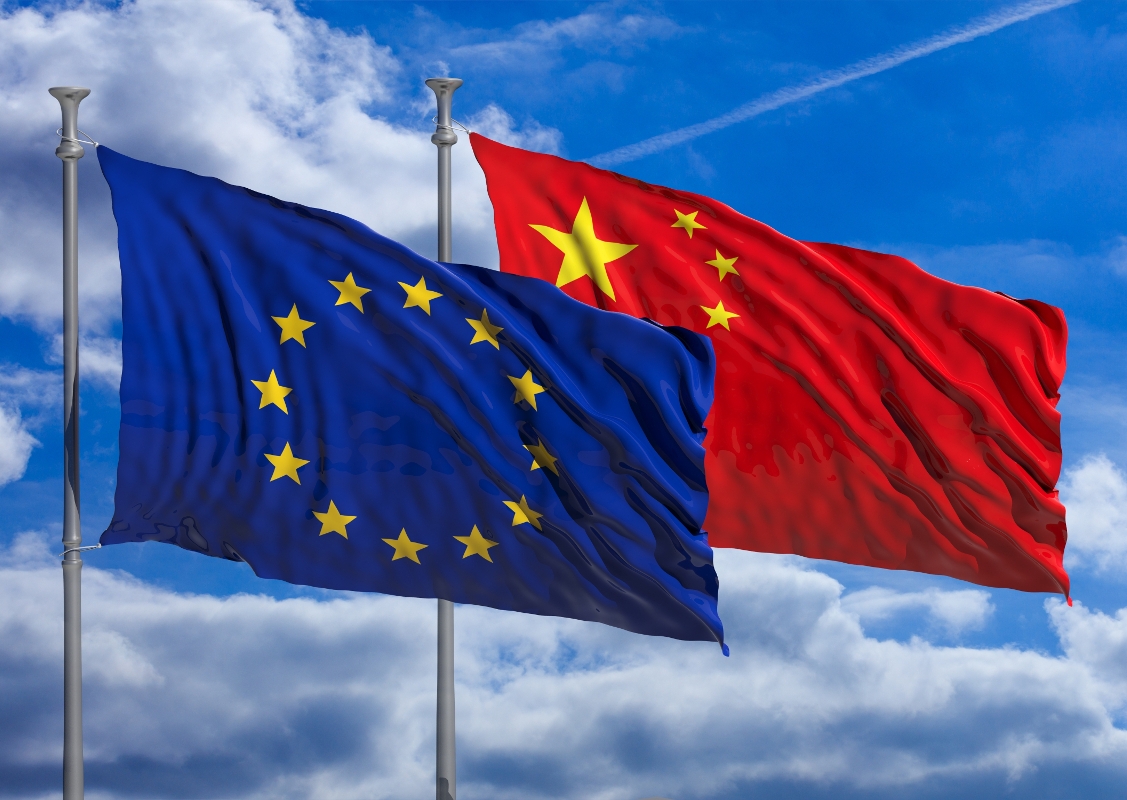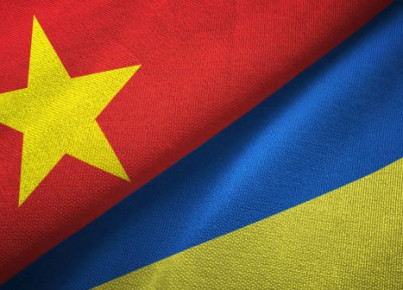The EU and China have reached an agreement in principle on investments that will allow European companies to access the Chinese market with greater freedom.
In the form of intentions of principle, the achievement of the Agreement between the EU and China on December 30th, the Comprehensive Agreement on Investment (CAI), marks a fundamental stage in the economic relations between the two major world markets. Under the Agreement, China will agree to open its economy more to European investments, also and above all in specific sectors historically closed to the market. Furthermore, it will ensure that European companies are guaranteed fair treatment so that they can compete on an equal footing with Chinese companies. Finally, he agreed to discuss sustainable development, forced labour and ratify the fundamental conventions of the ILO.
There are several economic sectors in which China will guarantee greater openness and competitiveness for European companies. They range from the manufacturing industry (which accounts for half of European FDI in China) and the automotive sector to financial services, air and sea transport, communication and information technologies, health, the environment and sustainability. In each of the sectors above, not only will greater openness be guaranteed, but China will ensure that specific rules govern the market and that full competition exists between European and Chinese state companies, especially concerning transparency and subsidies, as well as prohibit forced transfers of technology. Besides, European companies will benefit from simplified procedures in obtaining authorisations and completing administrative functions and can access Chinese standardisation bodies.
Both the EU and China are committed to respecting the Paris climate agreements and therefore wanted to reiterate the centrality of sustainability in the recent Agreement. The two contracting parties have decided to commit themselves to respect sustainable development principles on investments. Issues relating to sustainable development will be subject to an application mechanism composed of a panel of independent experts, as is the case for all the EU trade agreements. It means a transparent resolution of disagreements with the involvement of civil society. It should be noted that this is the first time that China accepts such stringent ties with another trading partner. Consequently, China will have to modify its environmental and labour policy to raise the control standards compared to the current level, voluntarily kept low to attract more investments. In addition, it will have to respect its international obligations and ensure that its companies behave responsibly.
From a European point of view, the CAI ensures that China continues and does not go back on its liberalisation policy of investments carried out in the last 20 years, giving greater security to European companies. It allows the EU to use the resolution mechanism to breach commitments and benefit from removing various restrictions on market access, such as quantitative restrictions, capital limits, or joint venture requirements. On the other hand, the CAI preserves sensitive sectors such as energy, agriculture, fishing, audiovisual, public services.
If we analyse the CAI also in the light of the recent RCEP agreement, we can see how the Asian giant has clearly moved towards a path that leads to more generous market opening. It is significant to note that in a brief period of time China signed two major trade agreements: on the one hand with 14 countries in the Asia-Pacific region and on the other with the largest supranational organisation, the EU. It will be necessary to see how the US under the new Biden administration will respond to this Chinese market-friendly offensive and above all what the implications for transatlantic relations will be. In fact, China may have wanted to give Europeans more room for manoeuvre in its market to complicate US-EU relations, as this European move certainly upsets Washington. Still, it is defended in Brussels because the EU must have its own relationship with China independent of the US position. The real issue on which the EU should reflect is that there is no whole all-encompassing European policy towards China today, and efforts in this sense will be needed.
By Niccolò Camponi






